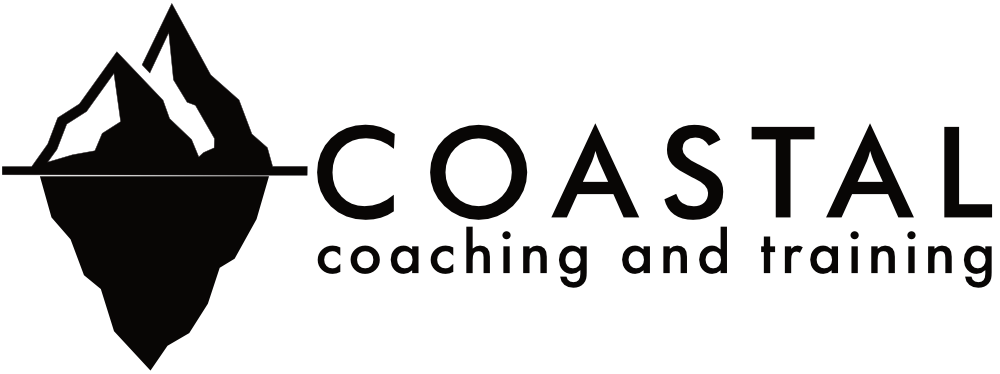5 Myths People Believe About Themselves
There are all kinds of myths about people and behaviour. I use the Birkman Method to unravel myths and move people toward becoming high-capacity leaders with fulfilled lives.
Here a few myths to think about:
1. Many people think they are normal, but the other person is not normal.
Dr. Ed Lawler said,
“Behavior is generally predictable when we know how the person perceived the situation and what is important to him or her. While people’s Behavior may not appear rational to an outside observer, there is reason to believe it usually is intended to be rational and it is perceived as rational by the person. An outside observer often sees Behavior as non-rational because the outside observer does not have access to the same information or does not perceive the environment in the same way.”
The definition of normal or not normal, then, is defined by the observer and their unique perspective.
You’re not normal, and neither am I! There is no normal. All of us are described as “different.” And, that’s fantastic!
2. My way is the best way.
Of course, there is usually more than one way to solve a problem or get something done. Thinking our way is best way creates barriers and decreases collective efficiency - and it kills productivity. If we embrace this myth we will inevitably damage relationships.
3. The way a person behaves shows how they want to be treated.
For example, we might think that a person who “tells it like it is” wants others to communicate with them in the same way. This is not always the case. The way a person acts is not necessarily the way they expect and prefer to be treated.
A person’s behaviour doesn’t always give us accurate clues to what motivates them or how they want to be treated. One of the fun features of Birkman, called Needs, reports the unique expectations and preferences we each have. (With the Birkman Method you might even be surprised at what YOUR expectations and preferences are.)
4. Other people feel the way I feel.
In Birkman we observe that each person has set of unique expectations and preferences. We call these Needs. These Needs create a unique perspective from which the person observes, experiences, and judges the environment and people around them. This outlook fuels personal thoughts, feelings, and actions. So then, others do not necessarily think or feel exactly the way we do about a situation or relationship.
5. There is an ideal profile.
I sometimes wish I was someone else. That’s an unhealthy perspective - one that I’m working through.
It’s not uncommon for people to complete an assessment tool and develop “personality envy.” The introvert wishes to become an extrovert. The task-oriented person wants to become a people-oriented person. We chase an ideal or we chase different. Curly-haired people want straight hair and vice versa. Sometimes we long for what we are not.
There is no “wrong” personality. No behaviour profile is ideal. As situations around us change they call on different behavioural approaches. This is why a person can be great in one situation, while becoming less effective in another. The person did not change, the situation changed.
——
If you have some time, let’s talk about YOU and how great you’re becoming!
Reference: https://thewineingercompany.com/about-birkman/
